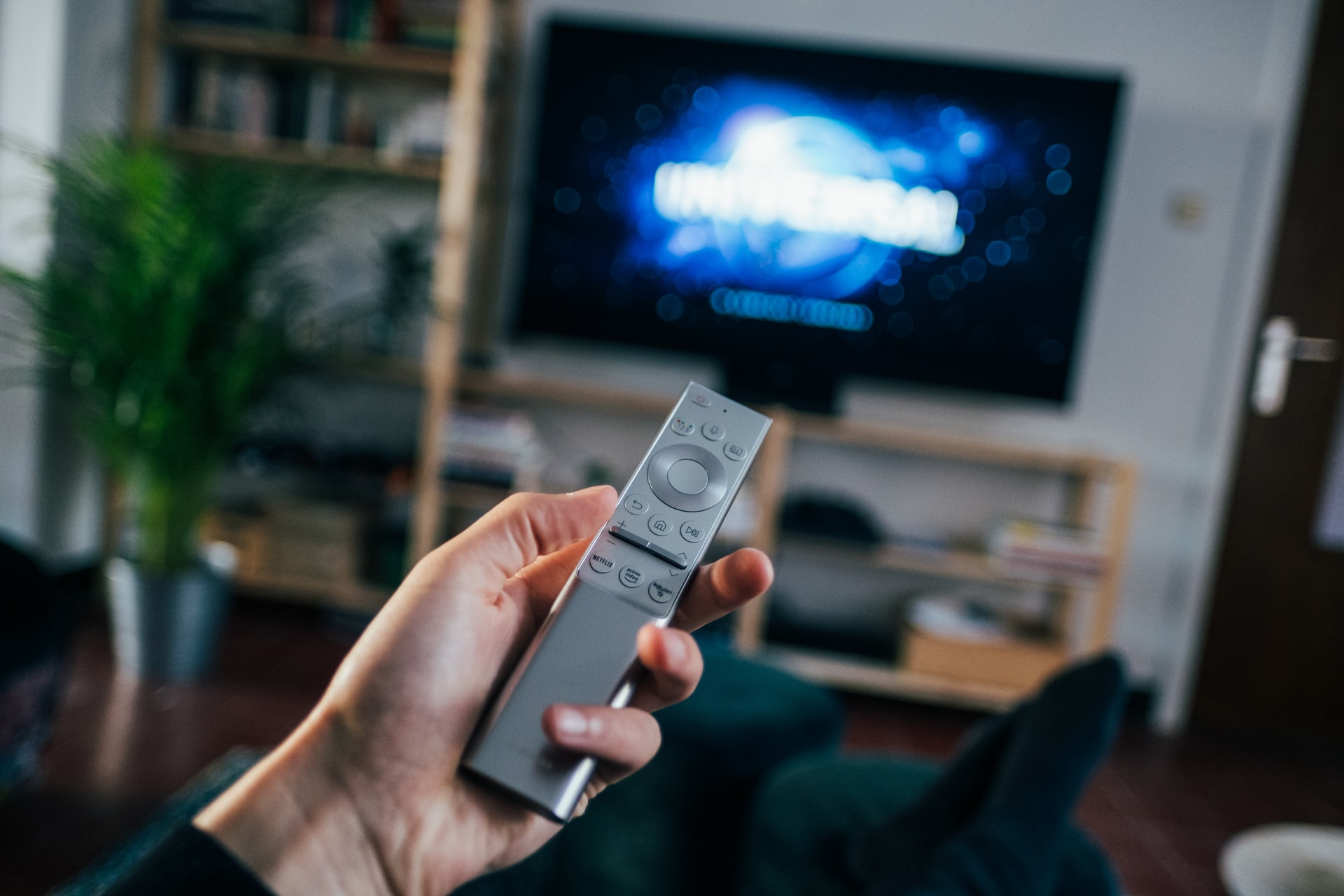As an expecting or new parent, you may already have given some thought to what your child will be (or already is) watching on video screens, and how much time he or she will spend watching. Research shows that violent video content breeds violent and unsympathetic behavior in children. Even seemingly harmless cartoon violence may have negative effects on children’s behavior.
Other problems that can arise from too much video watching are poor physical health, weight gain, and lagging cognitive and social development.

The American Academy of Pediatrics suggests children under the age of 2 should not view any television at all. For older children, some parents have a screen time policy, allotting a predetermined amount of time per day in front of a screen—whether that screen is a two-inch smart phone or a two-meter plasma screen.
But what about background TV exposure? Research in Pediatrics reports that kids from 1 to 8 years old are exposed to an average of four hours of background TV per day, on top of their own screen time. Could all this background TV exposure produce negative effects too?
A study in Child Development found an association between the amount of background television and poor quality parent-child relationships. In a second study published in the same journal , children aged 8-24 months old were exposed to an even greater amount of background television: 5.5 hours per day. The data suggests that background TV interrupts cognitive development in young children by distracting their play. Play, after all, is a primary means by which children’s minds and emotions develop and stretch.
Bottom Line: The next time you feel like having some background noise, try the radio, music, or perhaps an audio book for your child. These alternatives may be less disruptive than television to your relationship with your child and your child’s cognitive, social, and physical development.




